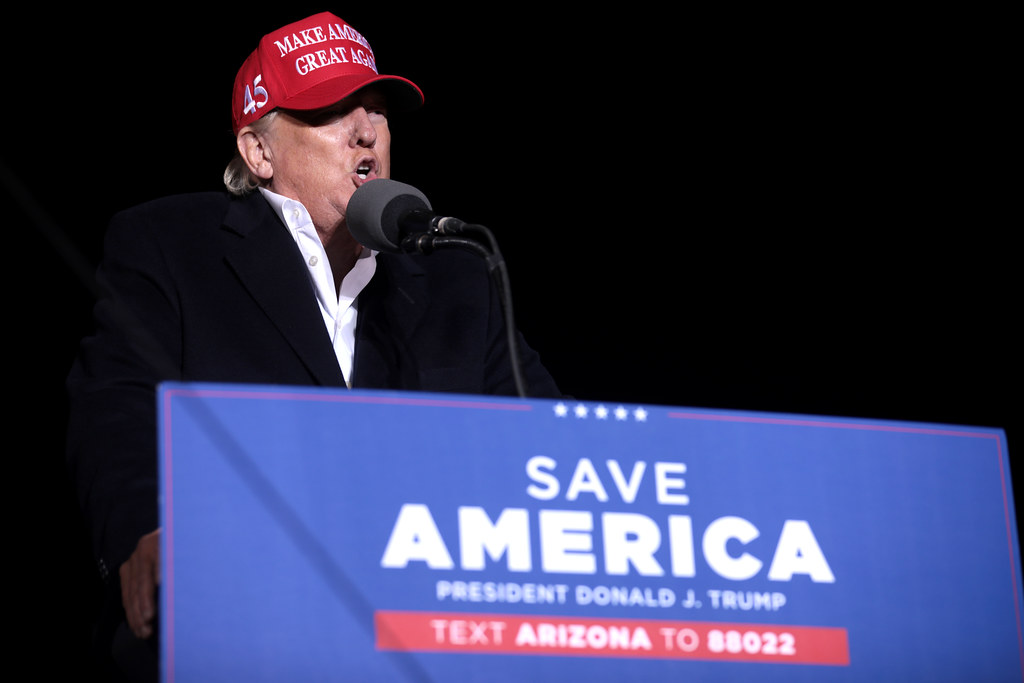
Just hours before President Donald Trump ordered airstrikes on three nuclear facilities in Iran on June 21, Pakistan recommended him for the Nobel Peace Prize, praising his “decisive diplomatic intervention” earlier this year. The nomination recognized Trump as a “genuine peacemaker” for his role in de-escalating tensions between nuclear-armed neighbors India and Pakistan, commending his “strategic foresight and stellar statesmanship.”
However, just a day after the nomination, Pakistan’s Ministry of Foreign Affairs issued a sharp condemnation of the U.S. military action against Iran. The statement described the escalation as “unprecedented” and expressed concern about the “deeply disturbing” violence, warning that further tension would have “severely damaging implications for the region and beyond.”
Trump Reflects on His Peace Efforts
On social media the Friday before the strikes, President Trump listed conflicts he claimed to have helped resolve, including the India-Pakistan dispute and the Abraham Accords between Israel and several Muslim-majority nations. Despite the nomination, Trump expressed skepticism about receiving a Nobel Peace Prize, stating, “I won’t get a Nobel Peace Prize no matter what I do.”
Author’s Opinion
The rapid shift in Pakistan’s stance—from nominating President Trump for a peace prize to condemning his military strikes—highlights the delicate balance between diplomacy and the use of force. While peace efforts deserve recognition, military interventions carry consequences that can quickly alter international relations and perceptions. Sustainable peace requires more than awards; it demands consistent dialogue and restraint.
Featured image credit: Gage Skidmore via Flickr
For more stories like it, click the +Follow button at the top of this page to follow us.
